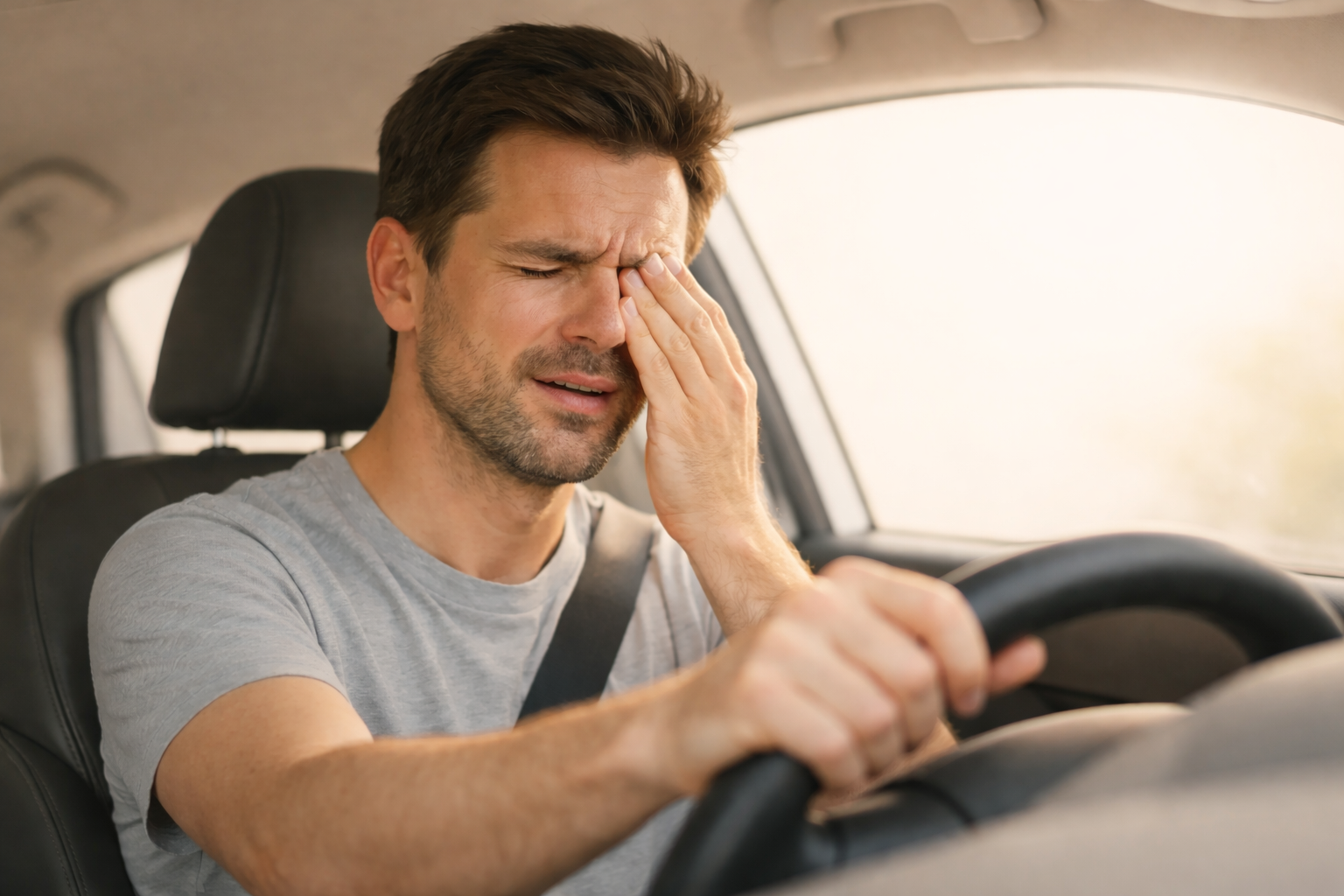
Why Not Drive Yourself After a Pre-Refractive Surgery Exam?
According to reports from various eye hospitals, many young people share the same concern: “Why shouldn’t I drive myself when going for a pre-refractive surgery examination?” This is entirely understandable, since most patients proactively schedule their visits alone, even during their lunch break or after work. However, to clearly understand why doctors always advise against driving yourself after a comprehensive pre-surgery examination, we first need to recognize the importance of the pre-refractive surgery evaluation itself.
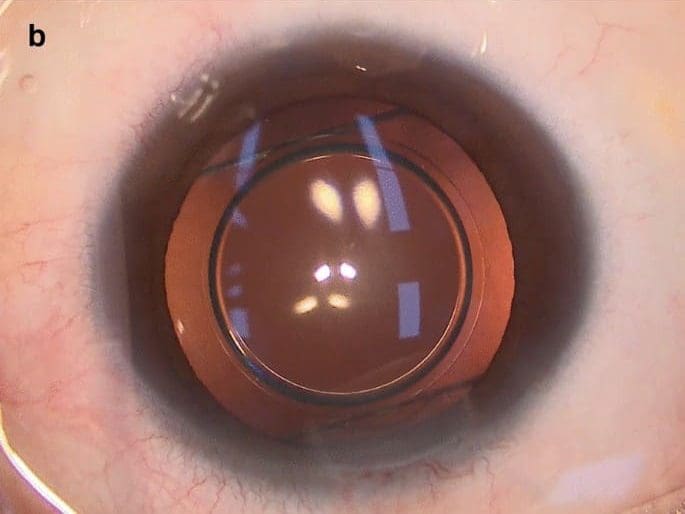
Why ICL Is Suitable for Non LASIK Candidates
For many years, LASIK has been considered a common method for correcting refractive errors. However, not everyone meets the required criteria in terms of corneal thickness, degree of myopia, or overall ocular surface condition to undergo this procedure. In such cases, Phakic ICL becomes a worthwhile alternative to consider.

Tips to Stay Calm During Eye Surgery
If you are feeling afraid, that is completely normal. But with the right knowledge, fear will no longer control your decision. Sometimes, the most important step is not getting onto the operating table, but understanding enough to walk into it with calm confidence.

Precautions After Phakic ICL Myopia Surgery
Phakic ICL myopia surgery is a refractive correction method that does not involve cutting the cornea. The surgeon places a thin lens inside the eye, positioned between the iris and the natural lens. This procedure is also widely known as EVO ICL.
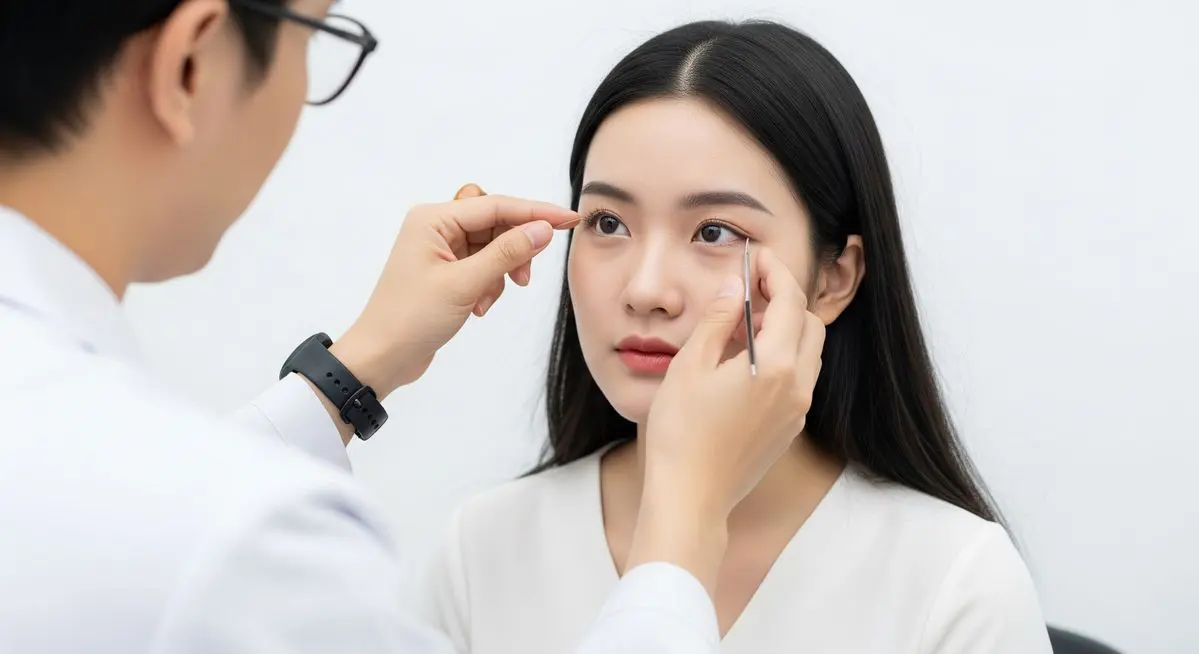
Is Eye Movement During Refractive Surgery a Problem?
Is Eye Movement During Refractive Surgery a Concern? Many patients feel nervous before the day of surgery. They worry that even a slight eye movement could cause the laser to hit the wrong spot. This concern is very common. When the mechanism of the machine is not fully understood, fear is often exaggerated. In reality, […]
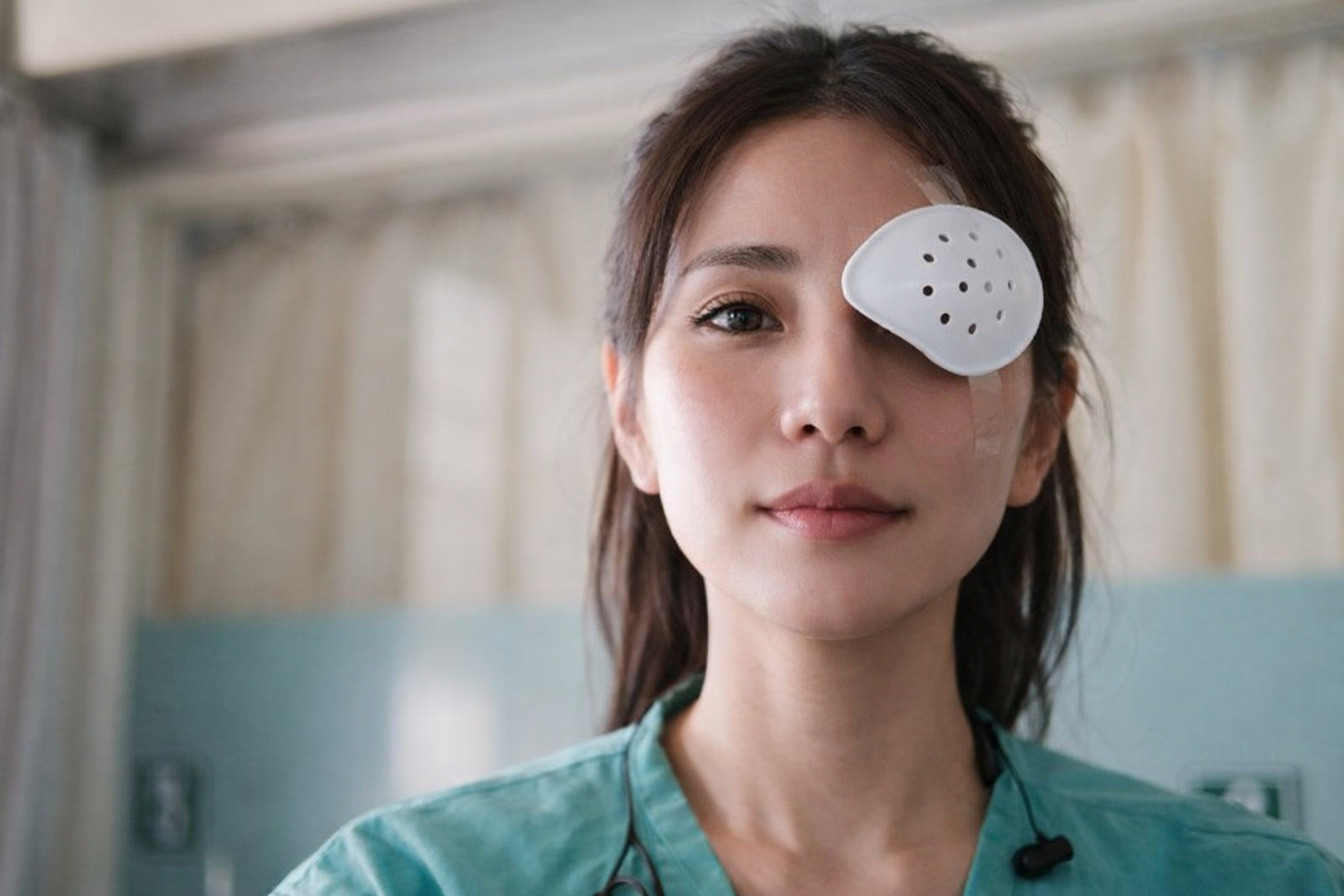
How long does it take to see clearly after Phakic ICL?
Introduction to Phakic ICL EVO Phakic ICL myopia surgery (Phakic ICL EVO) is one of the refractive error correction methods widely applied in modern ophthalmology, particularly for patients with moderate to high myopia, thin corneas, or those who are not suitable candidates for laser refractive surgery. Mechanism of Visual Recovery After Phakic Myopia Surgery Unlike […]

Does Congenital Myopia Increase Over Time?
Many parents feel very concerned when their child is diagnosed with congenital myopia at an early eye examination. One of the most common questions is: “If my child is nearsighted from such a young age, will the degree of myopia continue to increase over time? And how should I monitor my child’s vision to prevent long-term effects on eyesight?”
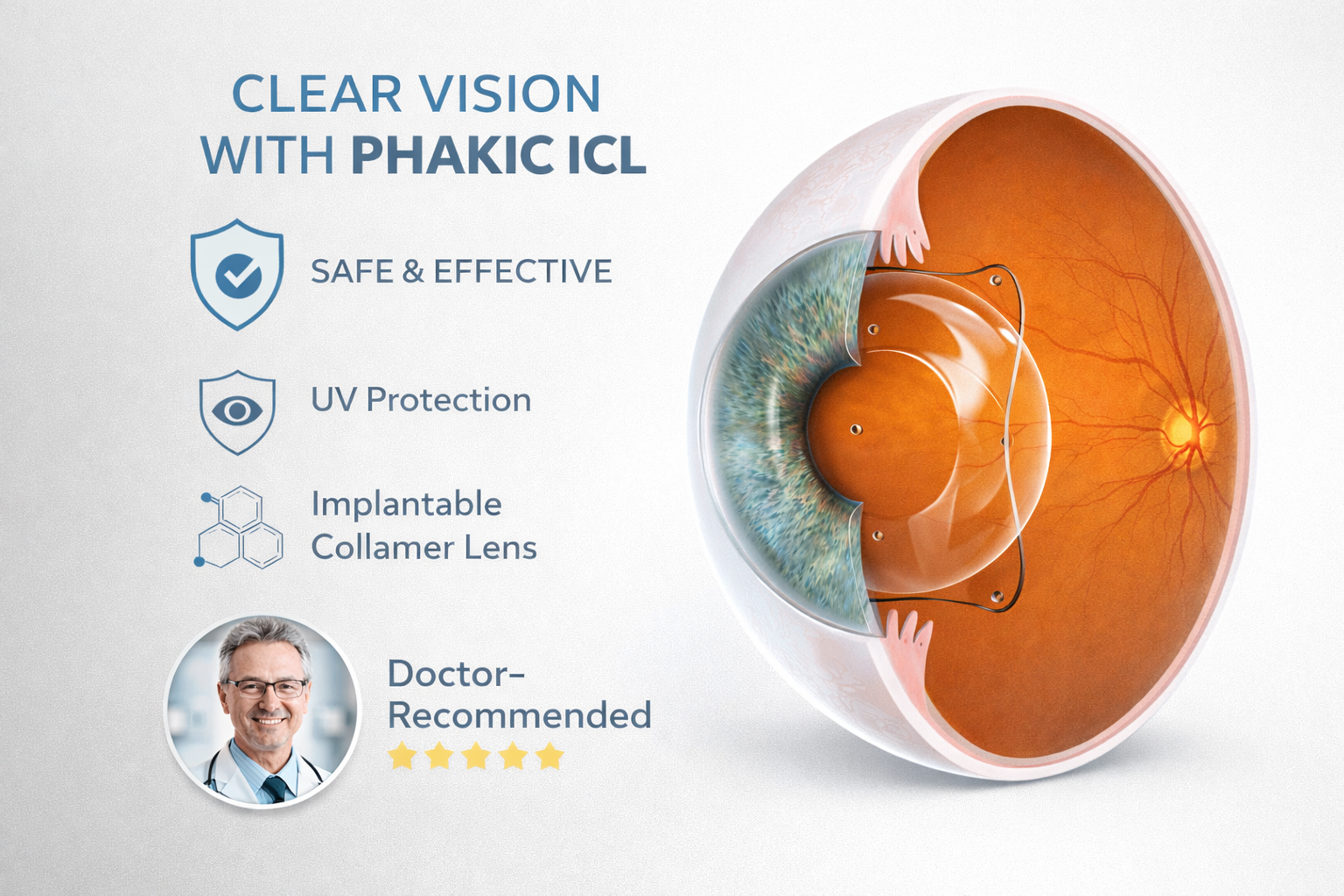
Visual Effectiveness of Phakic ICL in Treating Myopia and Astigmatism
What Is Phakic ICL? Phakic ICL is a type of intraocular lens implanted inside the eye, positioned behind the pupil and in front of the natural crystalline lens, with the purpose of refracting incoming light. Unlike LASIK, PRK, or SMILE, Phakic ICL does not remove corneal tissue; instead, it adds a refractive lens inside the […]

Can –18.00 diopter myopia be treated with Phakic ICL?
Understanding –18.00 Diopter Myopia in Clinical Practice Myopia of –18.00 diopters is classified as very high to extreme myopia. At this level, the axial length of the eyeball is typically longer than normal, causing light rays to focus in front of the retina rather than directly on it. Patients usually rely entirely on spectacles or […]
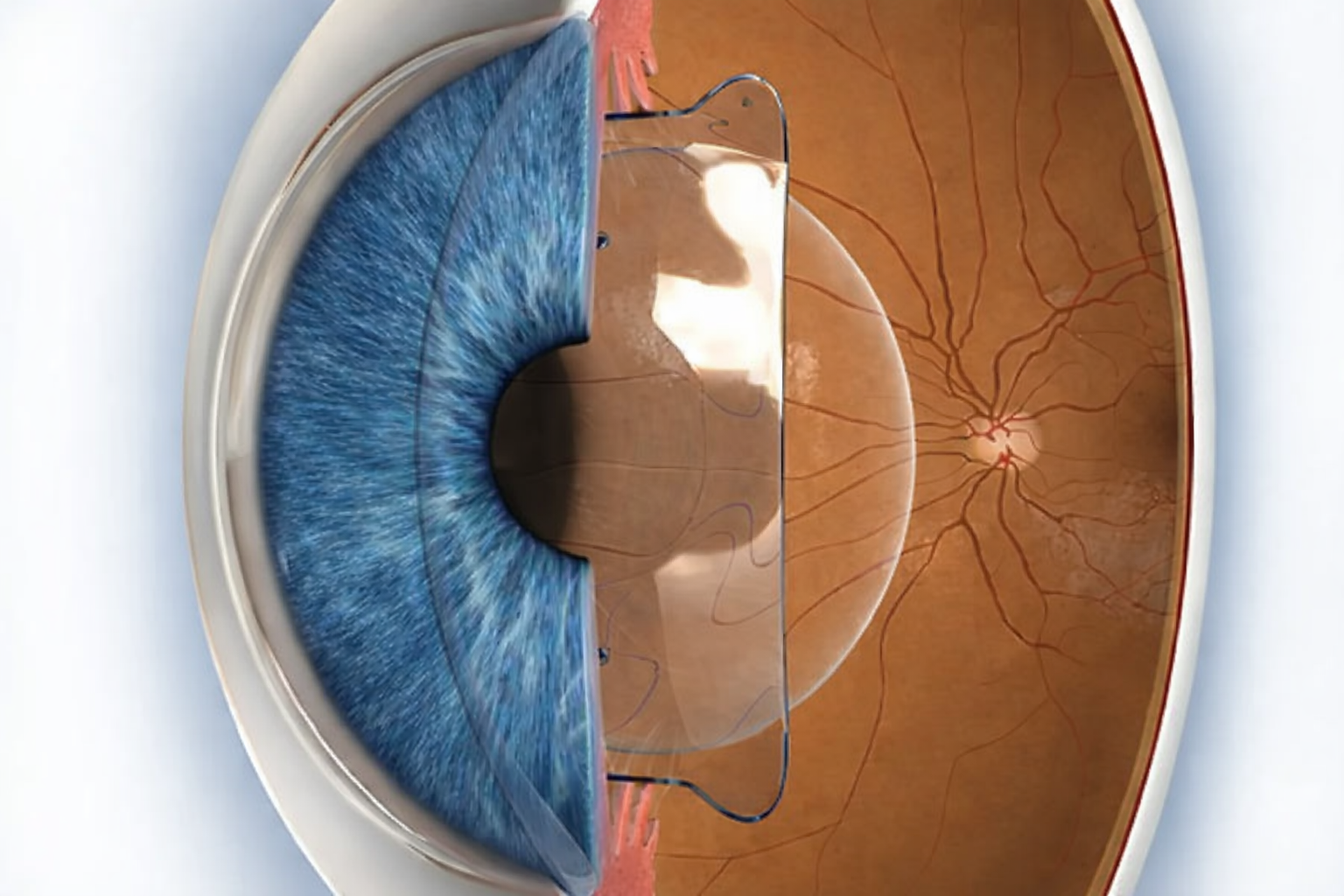
Why is Phakic ICL 2026 highly regarded by specialists?
Introduction to Phakic ICL 2026 Phakic ICL (Implantable Collamer Lens) is a refractive error treatment method that involves placing a biocompatible soft intraocular lens inside the eye, positioned between the iris and the natural crystalline lens, rather than reshaping the corneal surface as in LASIK or SMILE. Although it is not a new technique – […]

 vi
vi